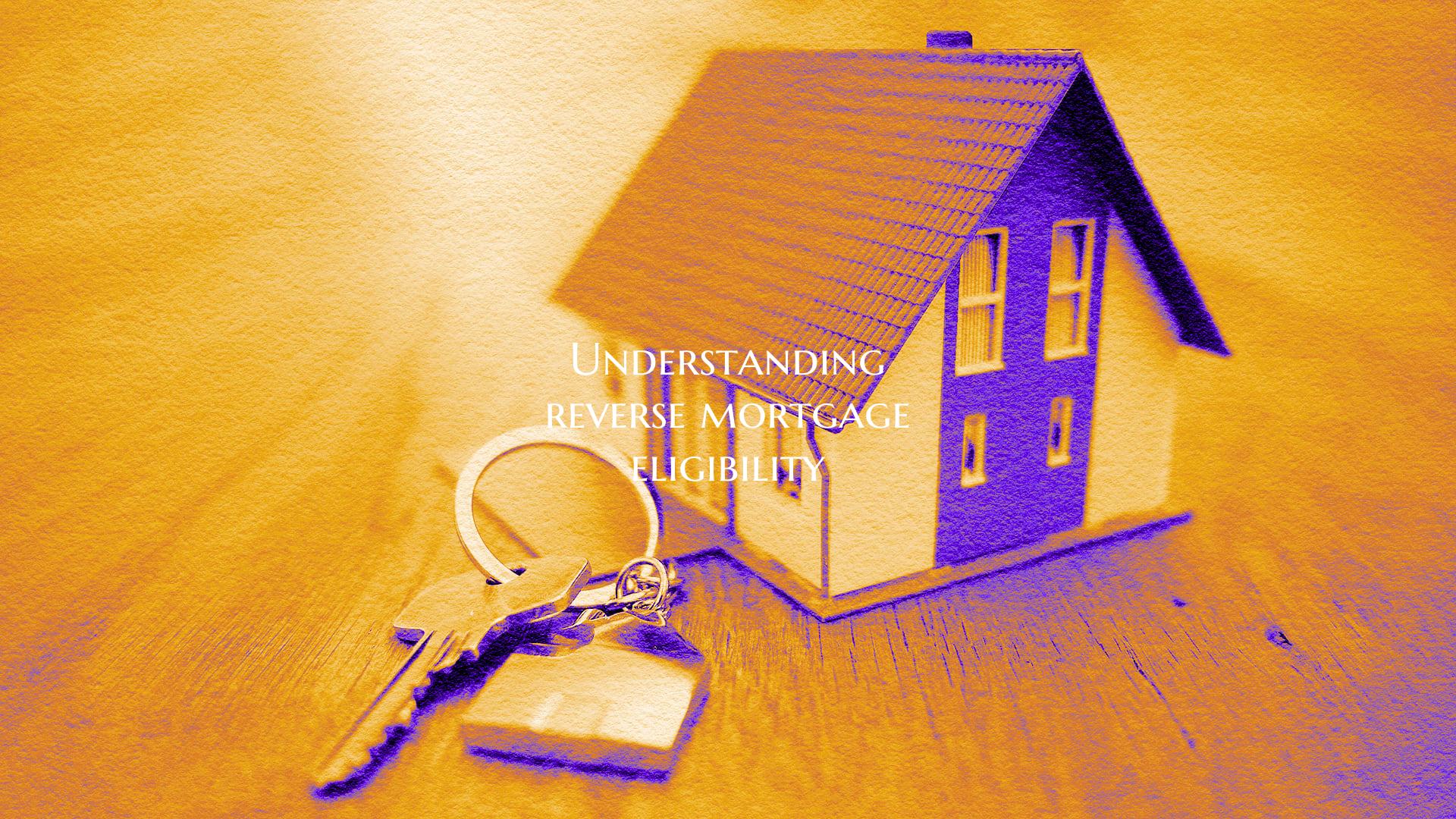Understanding reverse mortgage eligibility

Reverse mortgages can be an attractive option for seniors looking to utilize the equity they have built in their homes to supplement their income during retirement. However, understanding the eligibility requirements for a reverse mortgage is crucial before deciding if this financial tool is right for you.
To be eligible for a reverse mortgage, you must typically be at least 62 years old. This age requirement ensures that the borrower has reached retirement age and is likely to benefit from the additional income provided by the reverse mortgage. Additionally, the home being used to secure the reverse mortgage must be the primary residence of the borrower. This means that you cannot take out a reverse mortgage on a second home or an investment property.
Financial requirements also play a significant role in determining eligibility for a reverse mortgage. Lenders will assess your ability to continue paying property taxes, insurance, and maintenance costs on your home. They will also consider your credit history and any existing debt obligations. While credit scores are not used to determine eligibility for a reverse mortgage, they can impact the terms of the loan.
Finally, counseling is a mandatory step in the reverse mortgage process to ensure that borrowers fully understand the implications of this financial decision. This counseling session covers topics such as the costs associated with a reverse mortgage, the impact on your estate, and alternatives to consider.
In conclusion, understanding reverse mortgage eligibility is essential for anyone considering this financial product. By meeting the age and residency requirements, demonstrating financial stability, and undergoing counseling, you can determine if a reverse mortgage is a suitable option for your retirement planning needs.
